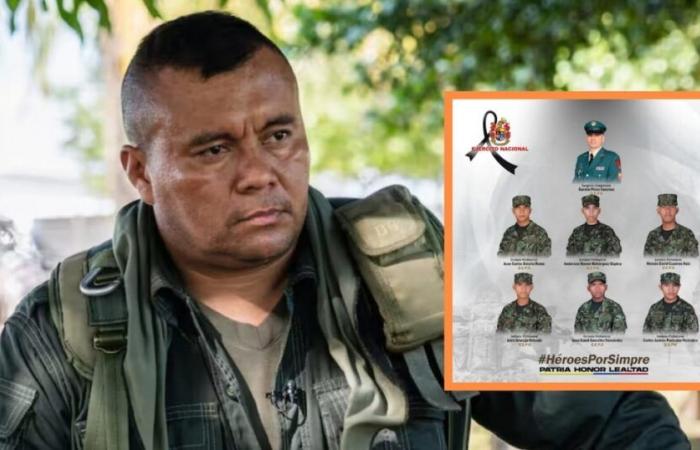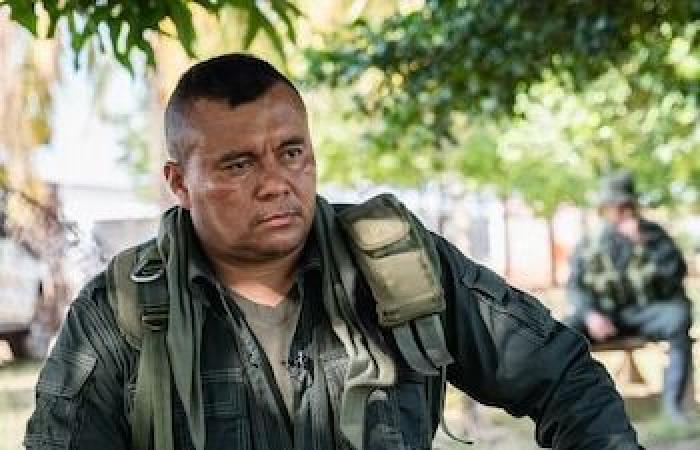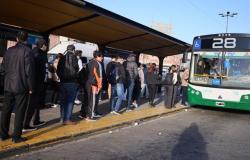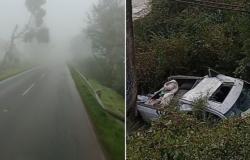Alexander Díaz Mendoza, aka Calarcá, leader of a dissident faction of the Dissidencies of the FARC, said that the attack in which seven military killed in the department of Guaviare was an “accident”.
As explained in an interview with the magazine Week, His men confused the uniformed with combatants at the service of “Iván Bite”, another dissident commander that operates in the region. This fact generated a wide rejection in public opinion and put the security situation and advances in peace processes in Colombia in the center of the debate.
Now you can follow us in Facebook and in our WhatsApp Channel.
According to the statements of “Calarcá”, the incident occurred while members of the Jorge Suárez Briceño block performed patrol work in the area. When detecting the presence of the military, they attacked them believing that it was an enemy group. “The shooting was formed, in the midst of confusion, thinking that it was Iván bite troops, because they are in that region,” said the dissident leader. In addition, he insisted that the attack was not planned and described it as an accident. “Can you imagine, if the fact had been planned by us, what would have happened? He was never planned. Reitero, it was an accident,” he added.

The national Army, on the other hand, reported that the attacked units were carrying out accompaniment work in the region. According to the authorities, those responsible for the attack are members of the dissidents under the command of Calarcá, who operate in the area despite the ceasefire decreed by the national government. This incident questioned the effectiveness of the aforementioned ceasefire and increased criticism towards the security and negotiation strategies of the Executive.
In his statements, aka Calarcá also questioned the presence of the army in the place of the attack, arguing that the uniformed were 20 kilometers from the old territorial space for training and reincorporation (AETCR), an area destined for the reinstatement of ex -combatants after the peace agreements.
In addition, the dissident leader took the opportunity to criticize the government of President Gustavo Petro, accusing him of breaking the promises made in the peace processes. “This government has not been able to fulfill even 1% of what was agreed. What face will they talk to us of regrouping? Of concentration zones? It seems that it was a jealous,” he told Week.

In a contradictory tone, “Calarcá” denied the possibility of reaching a peace agreement with the current administration and said he will not deliver the weapons. In his words, he is willing to negotiate with the next government, which doubts the supposed will of peace that his organization has expressed on previous occasions. These statements generated criticism and concern, especially in a context in which the Executive seeks to advance in dialogues with armed groups to reduce violence in the country.
On the other hand, the dissident structure led by “Calarcá” issued a social media statement attributing the attack and ensuring that, in addition to the seven deceased military, another five were retained. However, This version contradicts the statements of the dissident leader himself, who insists that the fact was a mistake. The contradiction between both versions gave way to questions about the true intentions of this armed group and its disposition to comply with the ceasefire agreements.

The Inter -American Commission on Human Rights (IACHR) condemned the murder of the seven soldiers and called the Colombian State to effectively implement the peace agreement signed in 2016. This pronouncement adds to the voices of rejection of various sectors of society, which demand justice and concrete measures to guarantee security in the regions affected by violence.







